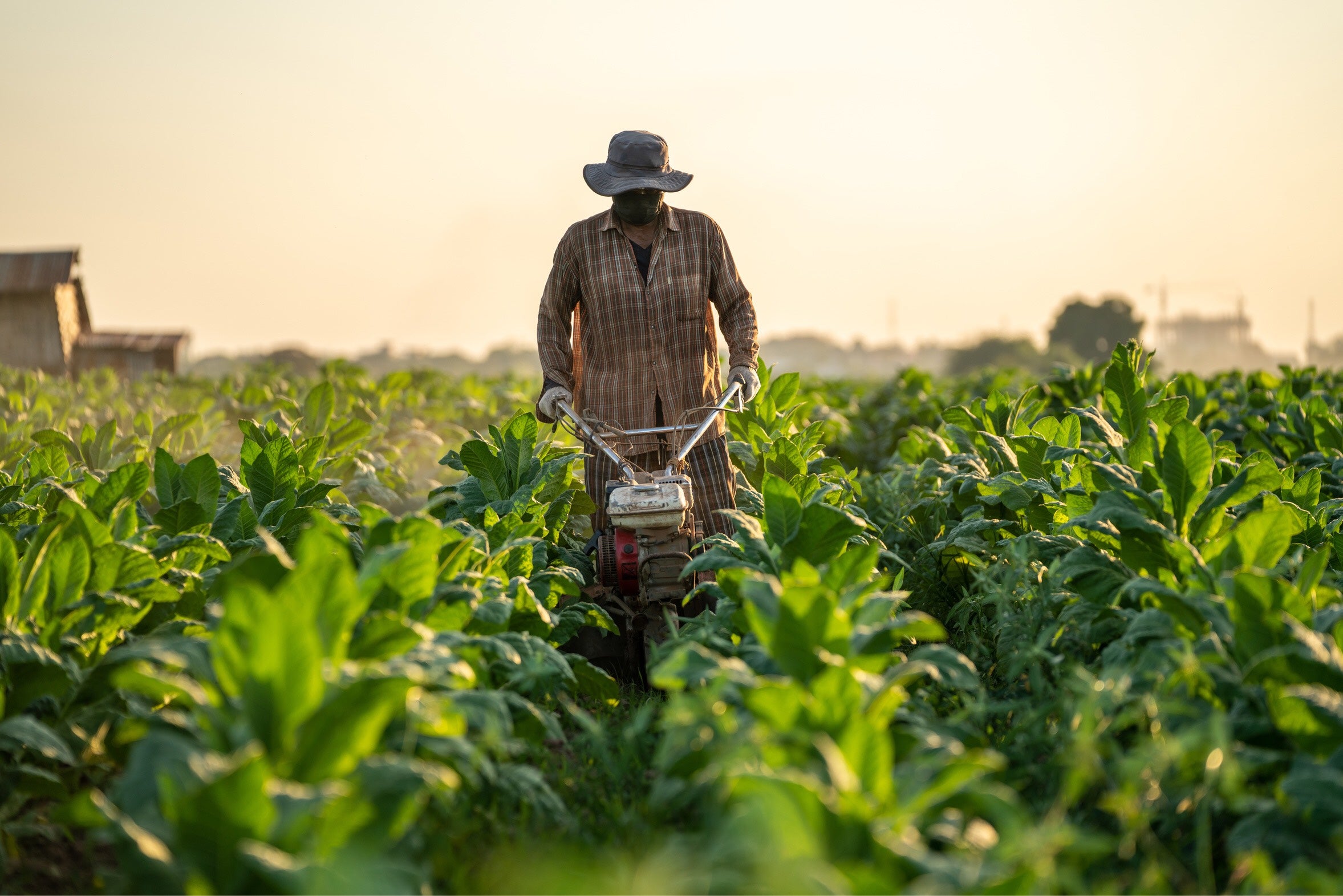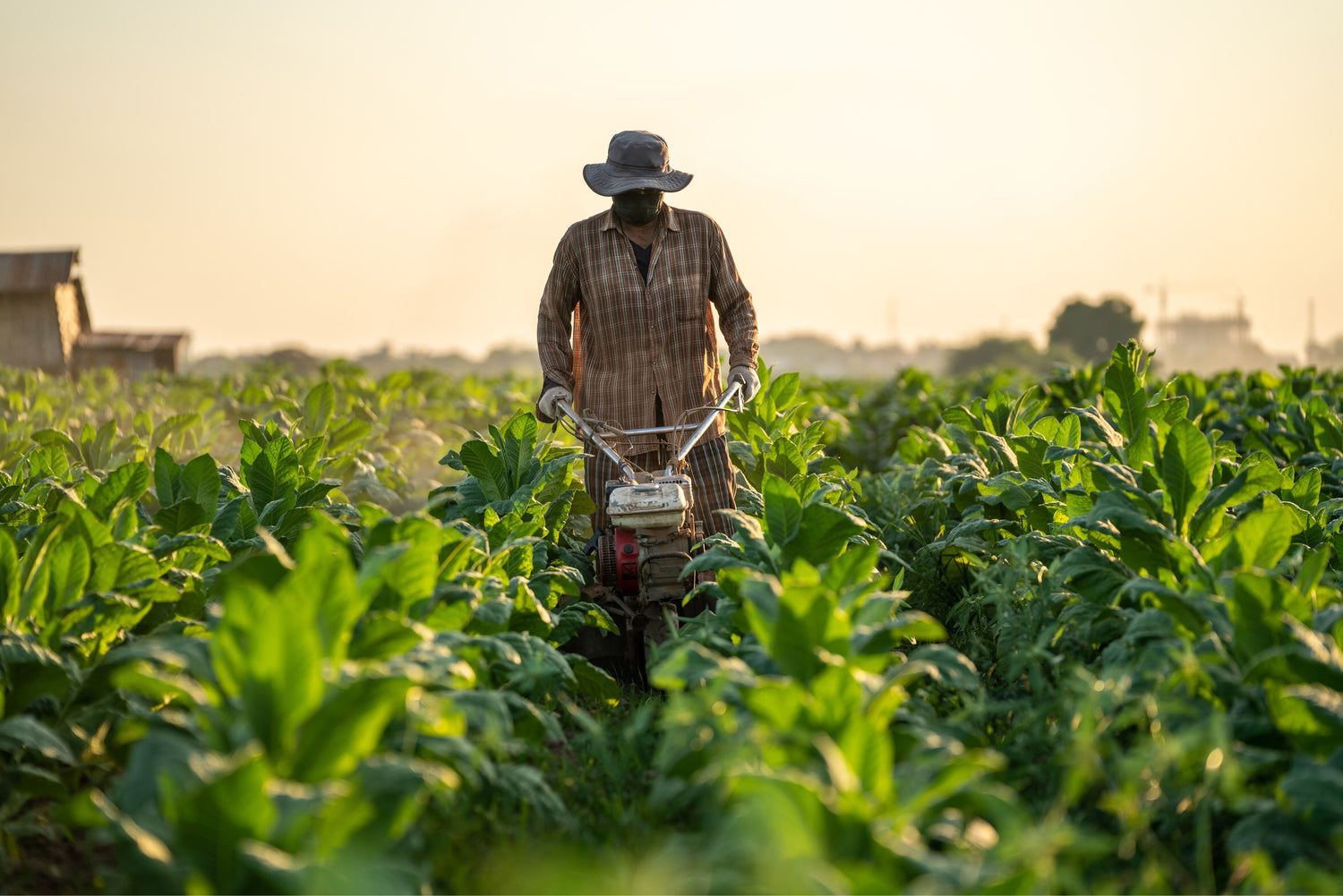
Reducing our waste can help fight hunger and greenhouse gas emissions by reducing the amount of waste going to landfills.
Sustainable food systems which are the networks needed to produce and transform food and ensure it reaches consumers in peak quality and quantity – are critical to food security and nutrition, as well as to adapting to the effects of the climate crisis and reducing our impact on the planet.
Food loss and waste have a significant impact on the sustainability of food systems, and therefore increases the risk of increased food insecurity. In blunt terms, food waste in developed countries contributes directly to climate emergencies that leave millions of people facing hunger. That’s why halving food waste by 2030 is a target under the Sustainable Development Goals.
Here are some facts about Food Loss and Waste.
- Food waste generally refers to produce thrown away by the consumer, whereas food loss usually happens at the production, post-harvest, and processing stages of the food chain.
- Each year, about one-third of food produced for human consumption is either lost or wasted, amounting to a financial loss of about US$1 trillion.
- Food loss and waste are a global problem, with 811 million people going to bed hungry each night even though enough food is produced globally to feed the world's 7 billion people.
- The precious water used to produce food that is wasted could fill Lake Geneva three times. Imagine if that amount was redirected into efficient agriculture.
- Approximately 28 percent of the world’s arable land is used to produce food that is wasted rather than being used to feed those most in need.
- Food waste goes into landfills that produce greenhouse gases. Food loss and waste accounts for over 3 billion tons of these gases per year. If it were a country, it would be the third largest producer of greenhouse gases after the US and China.
- Consumers’ direct action to reduce their waste can include;
- buying only what you need and can use.
- checking ‘use by’ rather than ‘best before’ dates.
- planning for the week ahead and thinking about what to do with leftovers.
- using your spare time to batch-cook and freeze meals.
Get involved: Reducing your food waste can help to strengthen food systems and fight world hunger by providing food to those who need it most when you don't over purchase and reducing gas emissions, while also saving you money.
Take the First Step Today. With our Eco Cling Film and Eco Gloves, you are making intentional moves to reduce food waste in your house hold.
Source: WFP







